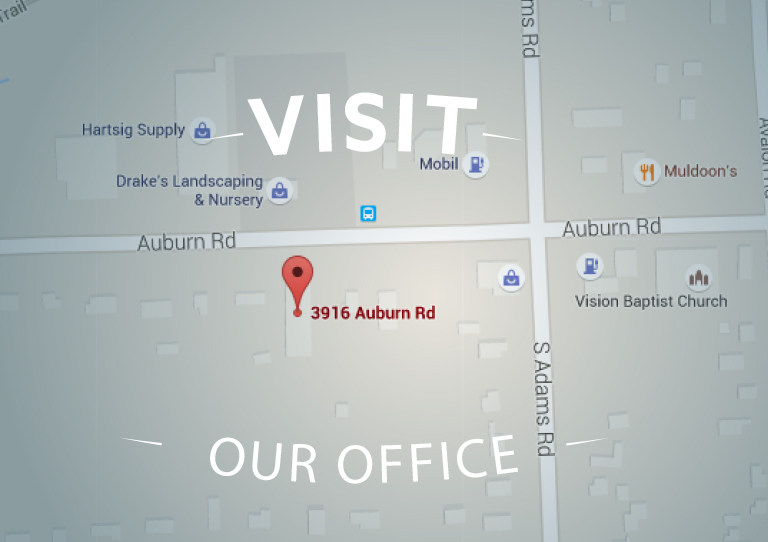 Some concerns that you might be worried about when it comes to your dental health, like tooth decay and gum disease, aren’t that difficult to recognize if they develop. For example, the formation of a cavity caused by tooth decay often causes your tooth to hurt, which in turn prompts you to seek treatment for it. If you have gum disease, then you might notice your gums bleeding, or other signs that your gum health is compromised. However, having TMJ disorder isn’t always as straightforward as that, and recognizing it for what it is can be much more difficult on your own.
Some concerns that you might be worried about when it comes to your dental health, like tooth decay and gum disease, aren’t that difficult to recognize if they develop. For example, the formation of a cavity caused by tooth decay often causes your tooth to hurt, which in turn prompts you to seek treatment for it. If you have gum disease, then you might notice your gums bleeding, or other signs that your gum health is compromised. However, having TMJ disorder isn’t always as straightforward as that, and recognizing it for what it is can be much more difficult on your own.
Different types of TMJ disorders
TMJ stands for temporomandibular joint, and TMJ disorder is a collective term that can encompass several different types of concerns with your TMJs. These joints, which are located on each side of your jaw, have a significant role in your jaw’s movement and your bite’s ability to function. A disorder can develop if one or both of the joints become damaged, inflamed, misaligned, or compromised in a way that inhibits their ability to function properly. In most cases, this can lead to a wide range of concerns and different forms of discomfort that can be difficult to relate back to your jaw health.
How to know if it’s TMJ disorder
TMJ disorder can describe different, specific problems with your jaw joints, which is one reason why the pain and symptoms related to TMJ disorder can vary so widely between patients. However, some of the more common symptoms related to TMJ disorder can include:
- Chronic pain in your jaw or face muscles
- Popping and clicking in your jaw joints
- Recurring headaches and/or migraines
- Difficulty opening and closing your jaw
- Earaches and ringing in your ears
- Increasing difficulty biting and chewing your food
- And much more
Finding a way to deal with it
While detecting TMJ disorder on your own can be difficult, you have a good chance of having it diagnosed and treated early by sticking to routine visits to your dentist office. These visits include routine examinations of your teeth, oral structures, and tissues to determine if they exhibit any signs of concern. If your dentist notices signs that your TMJs are compromised, then you may be able to find relief from TMJ disorder with help from a custom-made TMJ appliance.
Learn more about treating TMJ disorder
Having TMJ disorder isn’t always obvious, but once it’s diagnosed, we can help you deal with it and alleviate the pain it causes. To learn more, schedule an appointment or initial consultation by calling Advanced Dental Concepts in Auburn Hills, MI, today at (248) 852-1820.



